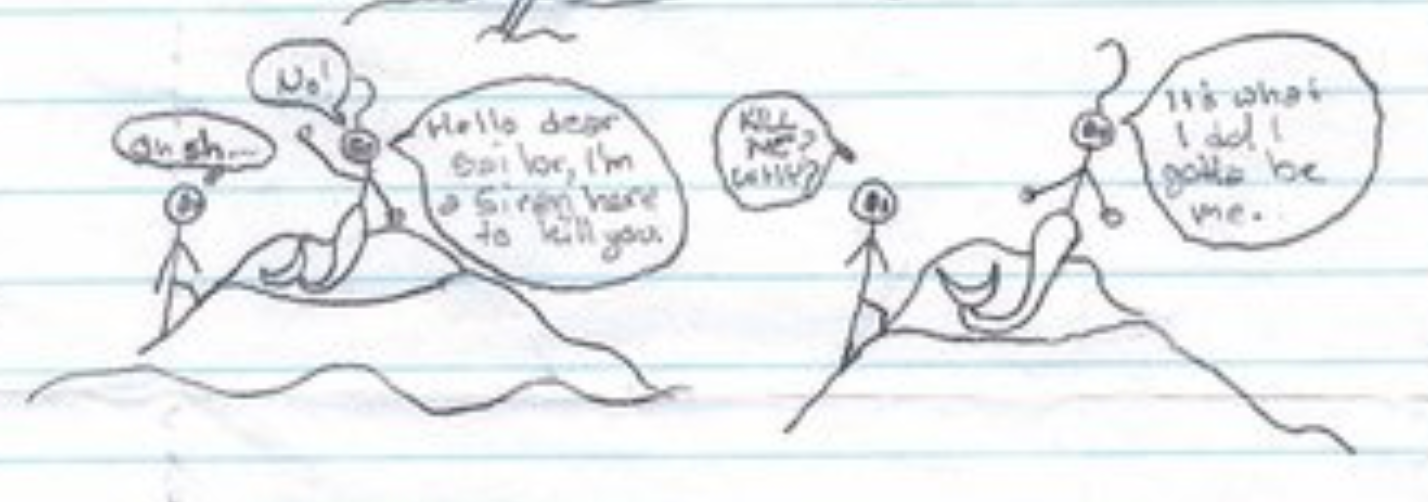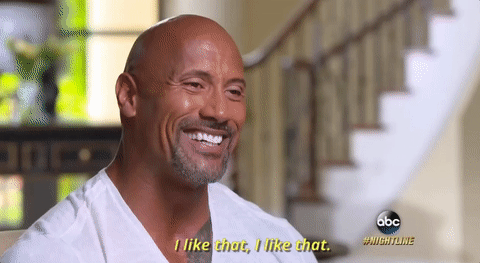
One of my favorite posts is when someone asked a doctoral professor the difference between using “affect” or “effect” when writing.
His advice sounds extreme, but really, I can’t blame him.
Are these two homophones really so confusing? Short answer, yes. Consider this duo a pair of near-identical twins that enjoy pranking people by pretending to be each other, and then making you look foolish when you call them the wrong name.
There are very few words in the English language that make me believe they’re actively trying to mess with people, but these guys just give off that energy.
As both a writer and editor, the “affect/effect” debacle is something I stumble across often. In order to understand how and when to use each of these words correctly, it’s important to understand the ways in which they are different—despite how similar they appear on the surface.
Affect: Ironically, if you look at the definition for this term from the New Oxford American Dictionary (NOAD), the first use term they list is, “to have an effect on; make a difference to.”
Effect: NOAD’s first term for this entry is, “a change which is a result or consequence of an action or other cause.”
These definitions might not appear to be helpful if you’re trying to consider the proper usage for this word in a sentence, but this actually conveys a simple—and important—difference that can help you use them more…

…effectively.
“Affect” is a verb—meaning it conveys action, or is influencing something or someone. It is an active word—something that is happening to the subject.
“Effect” on the other hand, is a noun—usually used to denote an outcome or concept—it’s the thing being impacted or the outcome or result.
As a wise person once told me:
Affect = f*ck around
Effect = find out
The subject must be affected (e.g., impacted) to change the effect (e.g., outcome).
With this in mind, here are a few examples for how to know when to use affect or effect in your writing:
“Last night’s storm continues to affect many families, as downed power lines leave hundreds without electricity.”
“Those affected by the storm can seek assistance at town hall.”
—“affect/ed” is the verb used to denote the impact of the storm on families or people.
“The effects of last night’s storm continue to affect many families, as downed power lines leave hundreds without electricity.”
“Those still feeling the effects of the storm can call this number for further help.”
—“effects” indicate the results of the storm (e.g., the damage it caused) that is still impacting—or affecting—families.
“The effects of corporate profiteering on lower-income individuals can be easily tracked by shopping trends.”
—“effects” are the results being tracked.
“Consumers affected by corporate profiteering spend less money, and companies are starting to notice the economic effects.”
—“affected” indicates that it’s impacting the subject (consumers), while “effects” refers to the outcome (e.g., economic issues).
“You may experience side-effects from your new medication.” (effects=results)
“The medicine affects everyone differently.” (affects=impact)
Some bonus tricky examples you probably won’t run across frequently (but might be fun food for thought):
“How long before the medication goes into effect?”
—“effect” is walking the sticky line between noun and verb. However, it is still more of a noun, given that it represents the concept of the outcome, which is whether or not the medication is working.
“Everyone must be willing to take steps to effect change.”
—“effect” is used similarly to a verb.
“The suspect maintained flat affect during the entire interview.”
—“affect” more closely represents a noun, and is pronounced a bit differently: “aff-EKT” rather than “AH-fekt.”
This is because “reduced affect display” or “flat affect” is a medical term to describe “emotional blunting,” or the inability of a person to display emotions that should be present when speaking about topics that generally effect an emotional response.
Hopefully, this helps clear up some issues, but don’t feel bad if you still confuse these from time to time. While I wouldn’t recommend avoiding affect/effect for the rest of your life, I certainly won’t judge you for choosing a different word!
Happy writing!























You must be logged in to post a comment.